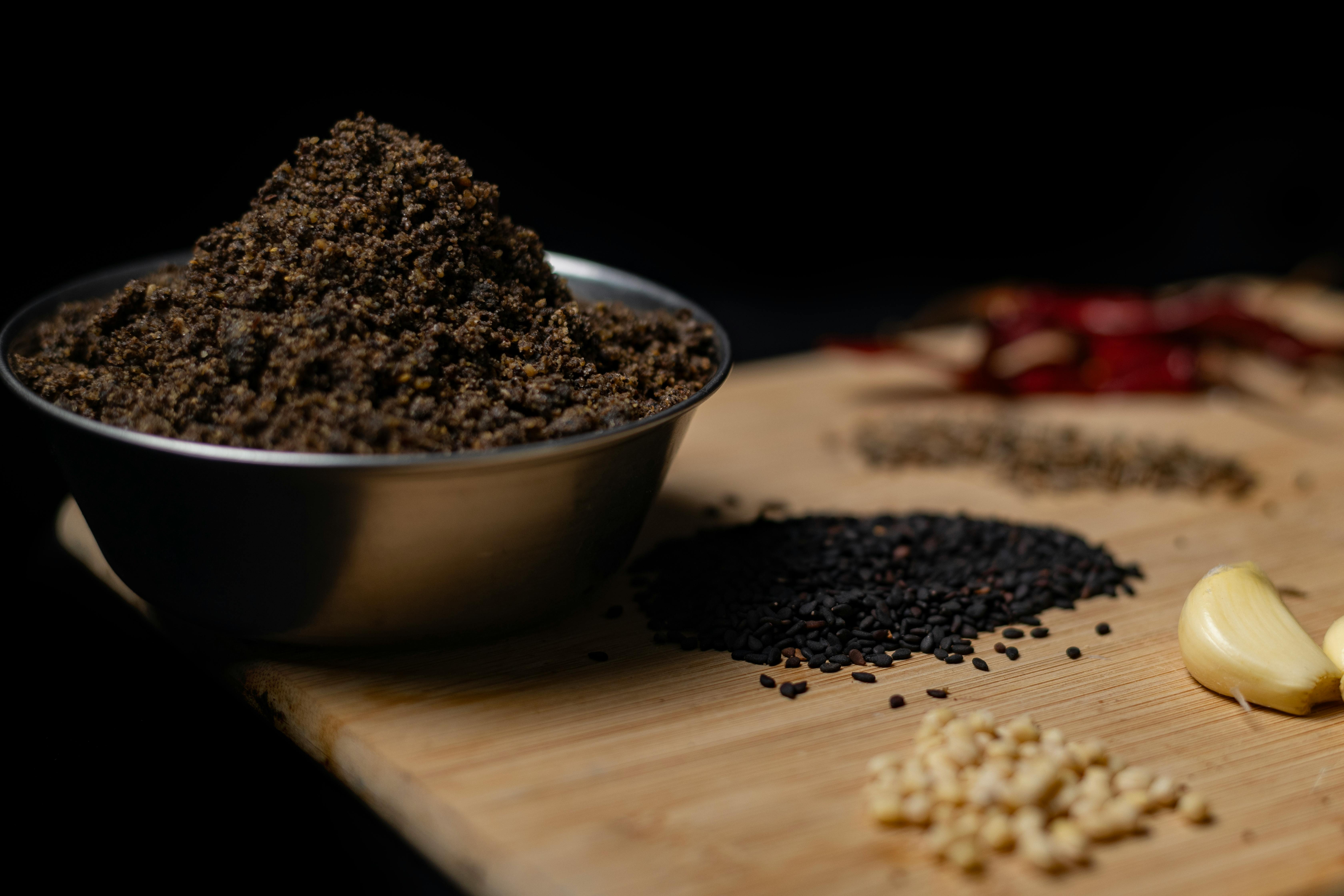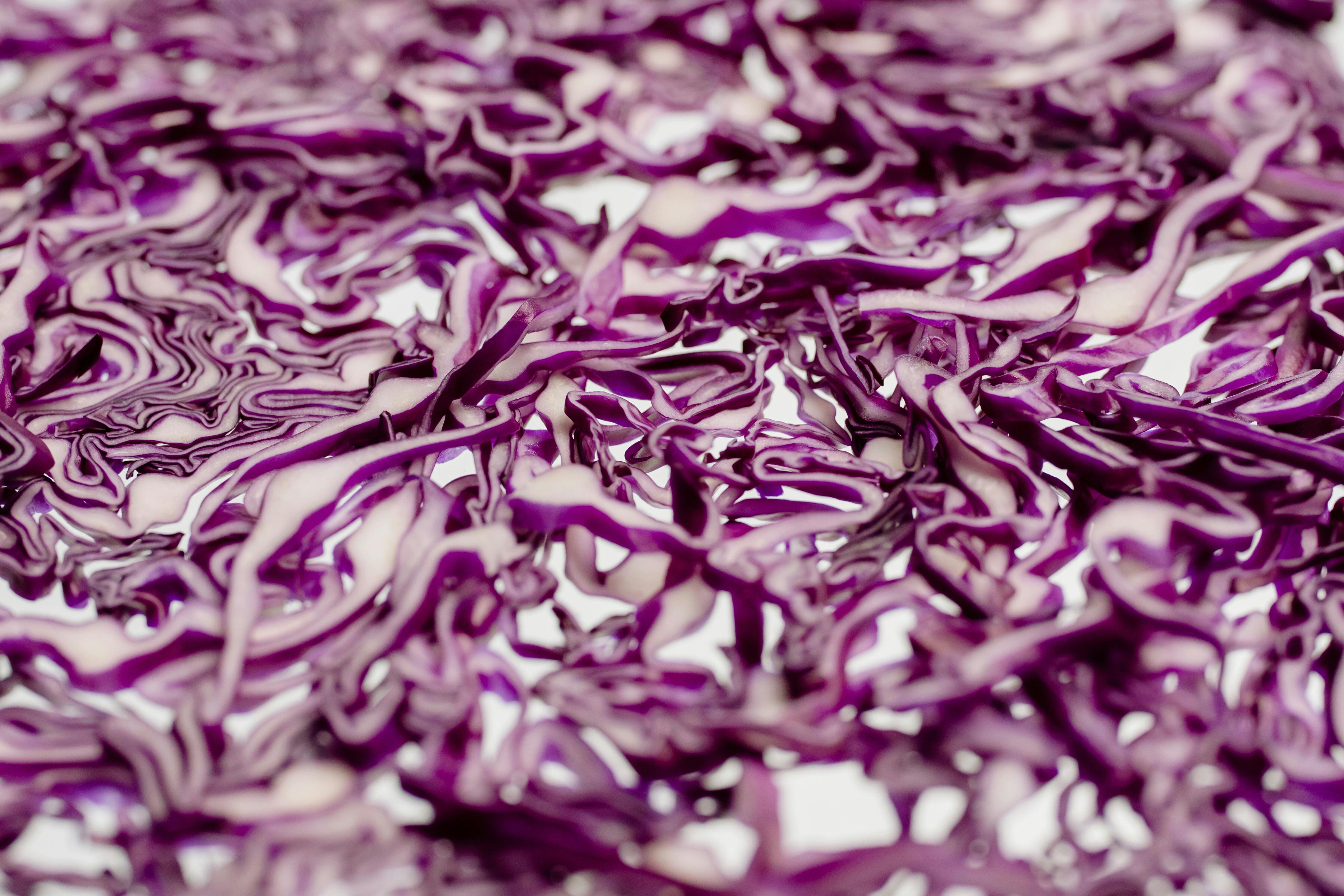Power Foods That Naturally Crush Chronic Inflammation
51. Black Cumin Seed Oil: The Thymoquinone Regulator

A staple in traditional medicine, black cumin seed oil (also known as Nigella sativa) contains a potent bioactive compound called thymoquinone. This compound has been extensively studied for its ability to regulate the immune system and reduce inflammation. Thymoquinone works by inhibiting multiple inflammatory pathways, including the production of pro-inflammatory cytokines. Its multifaceted approach makes it a powerful ally for conditions rooted in inflammation, such as asthma and rheumatoid arthritis. A small dose of this oil can be taken daily as a supplement, or you can add the seeds to bread, salads, and curries for a peppery flavor.
52. Red Cabbage: The Anthocyanin & Sulforaphane Combo

While other vegetables on the list are great, red cabbage is a unique standout because it combines two powerful anti-inflammatory compounds: anthocyanins and sulforaphane. Anthocyanins, which give it its deep purple color, are potent antioxidants that reduce oxidative stress. At the same time, the sulforaphane, a signature of cruciferous vegetables, helps detoxify the body and activate cellular defense mechanisms. This one-two punch of direct antioxidant power and cellular-level support makes red cabbage a highly effective food for fighting inflammation. Enjoy it raw in a slaw, fermented in sauerkraut, or lightly steamed to retain its powerful nutrients.
